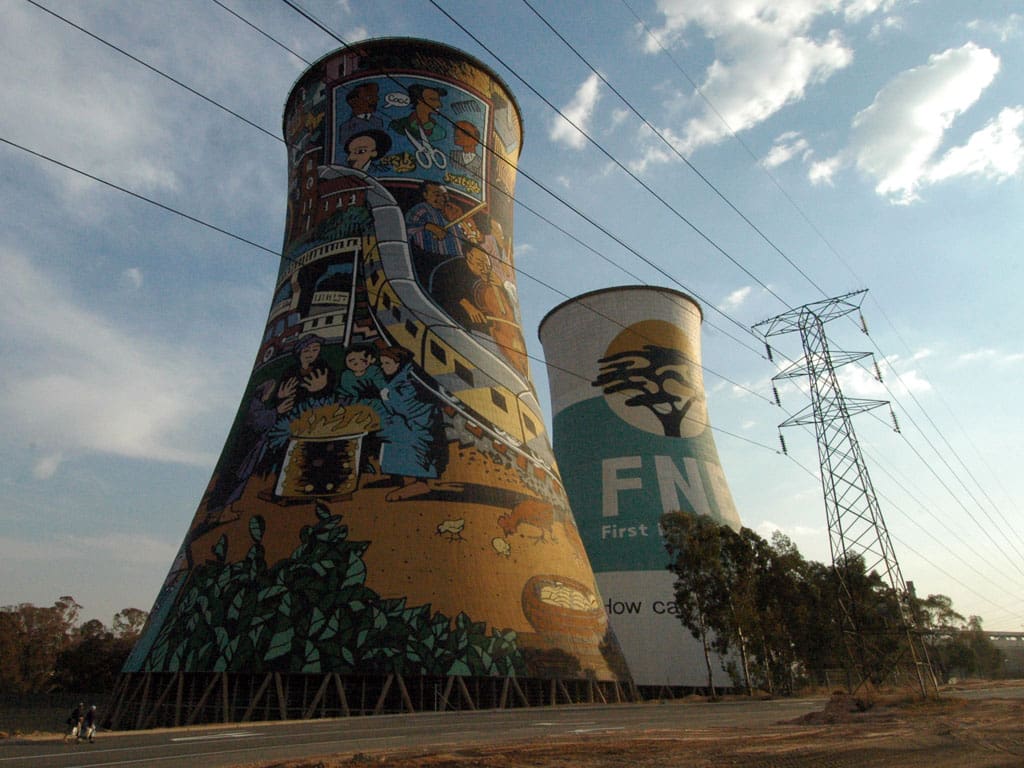Parts of Johannesburg and the West Rand experienced yet another earthquake on the evening of the 6th of February. The quake’s epicentre was located near Soweto, south of Johannesburg.
The earthquake measured 3.4 on the Richter scale. “The preliminary results show that the earthquake registered a local magnitude of approximately 3.4, as recorded by the South African Seismograph Network (SANSN). The epicentre was located south of Johannesburg, in Soweto,” said Council for Geosciences spokesperson Mahlatse Manonela to News24.
🔔#Earthquake (#aardbewing) M3.5 occurred 50 km NW of #Rustenburg (South Africa) 3 min ago (local time 20:53:56). More info at:
— EMSC (@LastQuake) February 6, 2024
📱https://t.co/IbUfG7TFOL
🌐https://t.co/vThHo3P2uJ
🖥https://t.co/aq5AI7v7d3 pic.twitter.com/armCmaJIxT
Those who were in Johannesburg at the time will recall the 4.4 magnitude earthquake that struck the East Rand during the early morning hours (at 02:38) on the 11th of June 2023. This quake woke many from their sleep and aftershocks were also felt after this event.
@vox_weather_girls A magnitude-5.0 earthquake occurred in Johannesburg, South Africa #earthquake #boksburgearthquake #earthquakesouthfrica #joburgearthquake #southafrica
♬ Earthquake, Breaking Buildings, Rocks Falling – Sound Effects and Music of the Earth
Statement on the seismic event that occurred this morning in the East Rand of Johannesburg pic.twitter.com/skpKkT8ZYA
— CGS (@CGS_RSA) June 11, 2023
Huge #tremor felt in most parts of Joburg 😱 #JoburgCares ^NB
— City of Joburg (@CityofJoburgZA) June 11, 2023
Mining activities may be contributors towards these types of earthquakes as reported by Mail & Guardian. “The Council for Geoscience (CGS) is investigating whether mining activity or fluctuations in groundwater levels caused the earthquake that shook large parts of Gauteng early on Sunday.”
It seems to be an ongoing trend for various parts of Johannesburg to experience frequent earthquakes. These have not caused great damage, but certainly rock residents every time they occur.
According to Rémy Bossu of EMSC (Independent Scientific Organisation and provider of real-time earthquake info, based in Paris, France) who provided feedback to explain “EMSC provides earthquake information at a global scale and we do not have specific expertise concerning seismicity in South Africa. We know that some earthquakes in the country are associated with mining activities but I cannot specific event.” South Africa experiences relatively light earthquakes compared to countries located on major tectonic faults. The largest ever recorded measured 6.3 on the Richter scale and only killed 12 people, though it occurred in rural Western Cape. Last year, a 7.3-magnitude earthquake hit Turkey and Syria, killing more than 3,700 people. In 2011, an offshore earthquake triggered a tsunami, killing more than 18,400 people in Japan.




